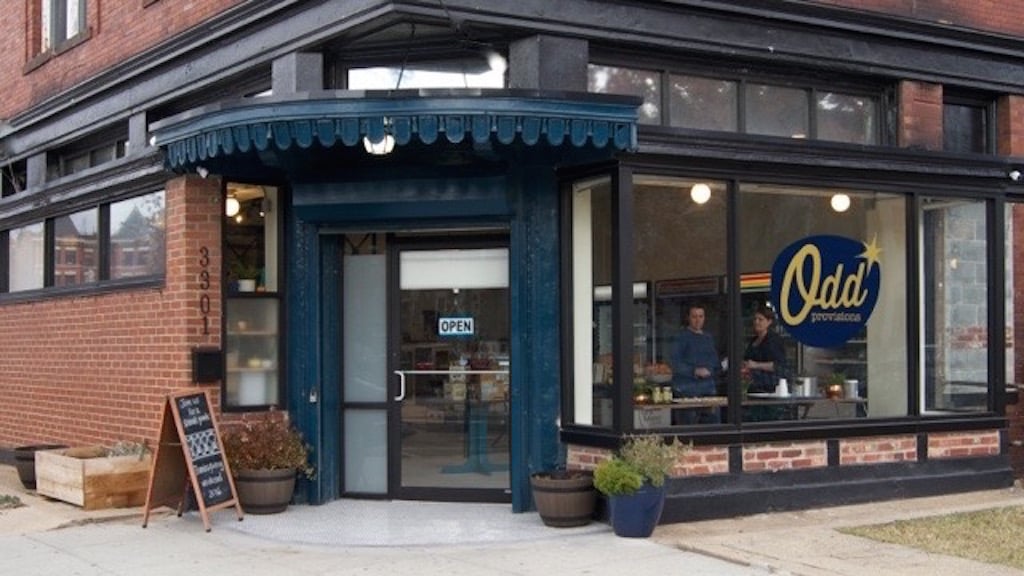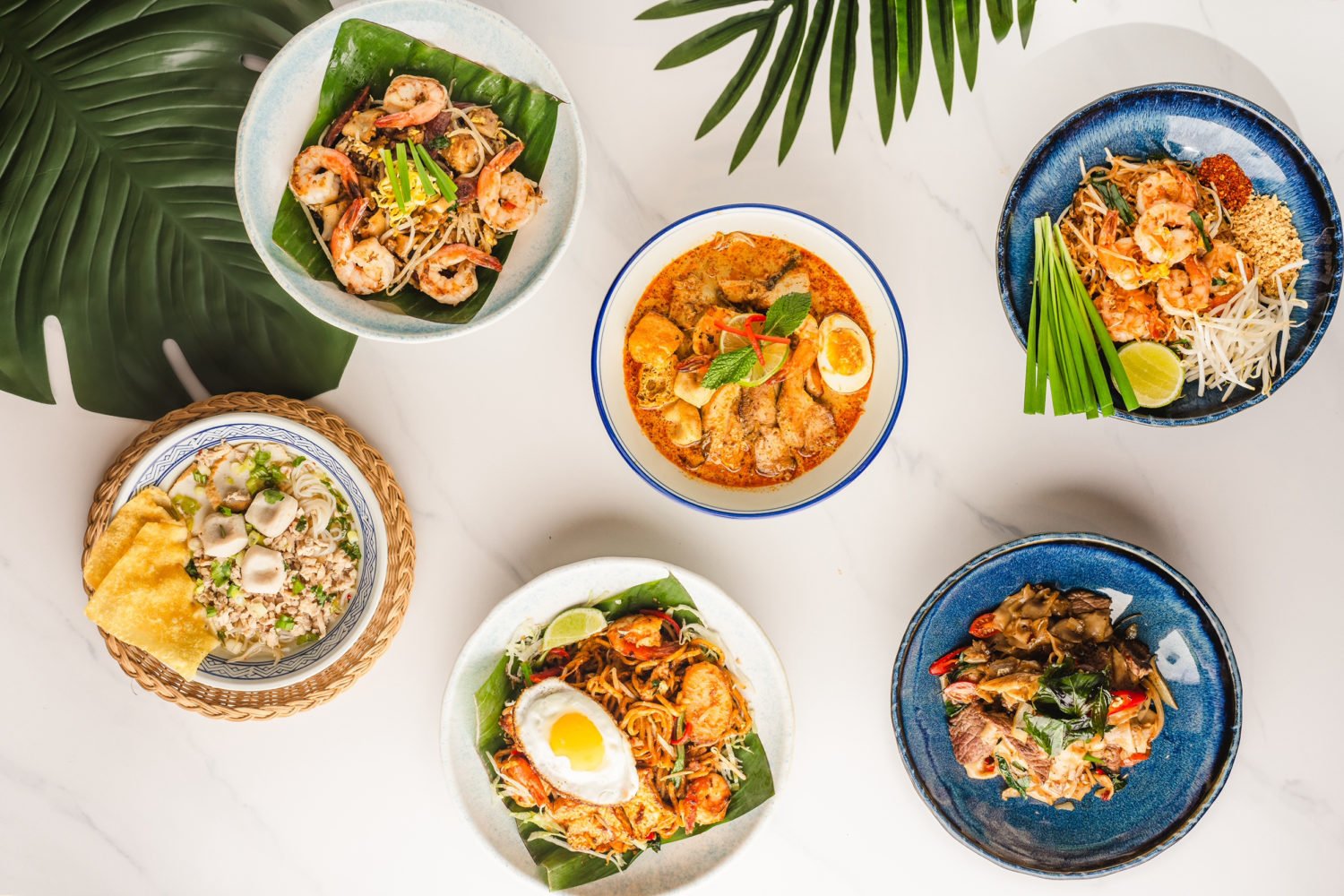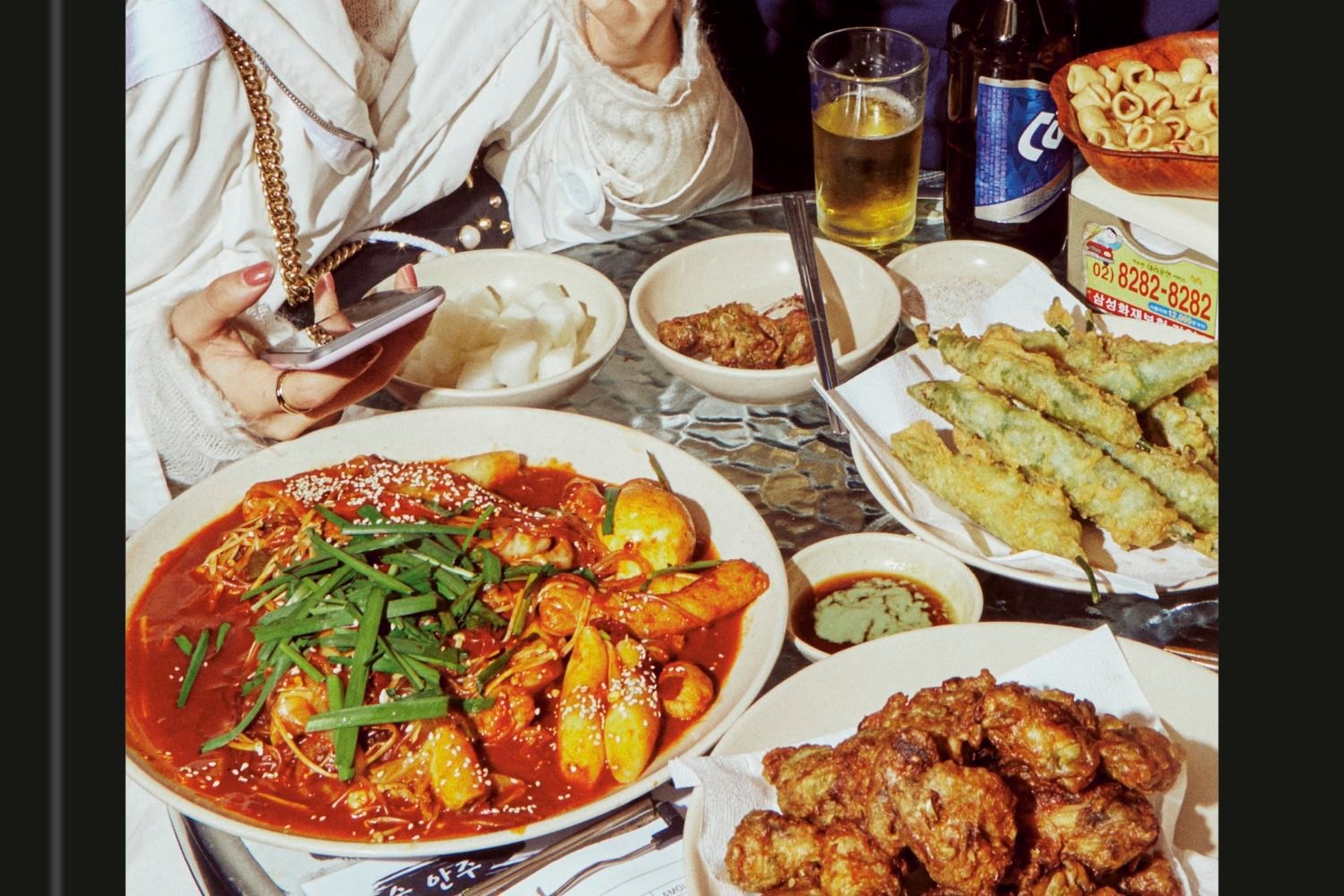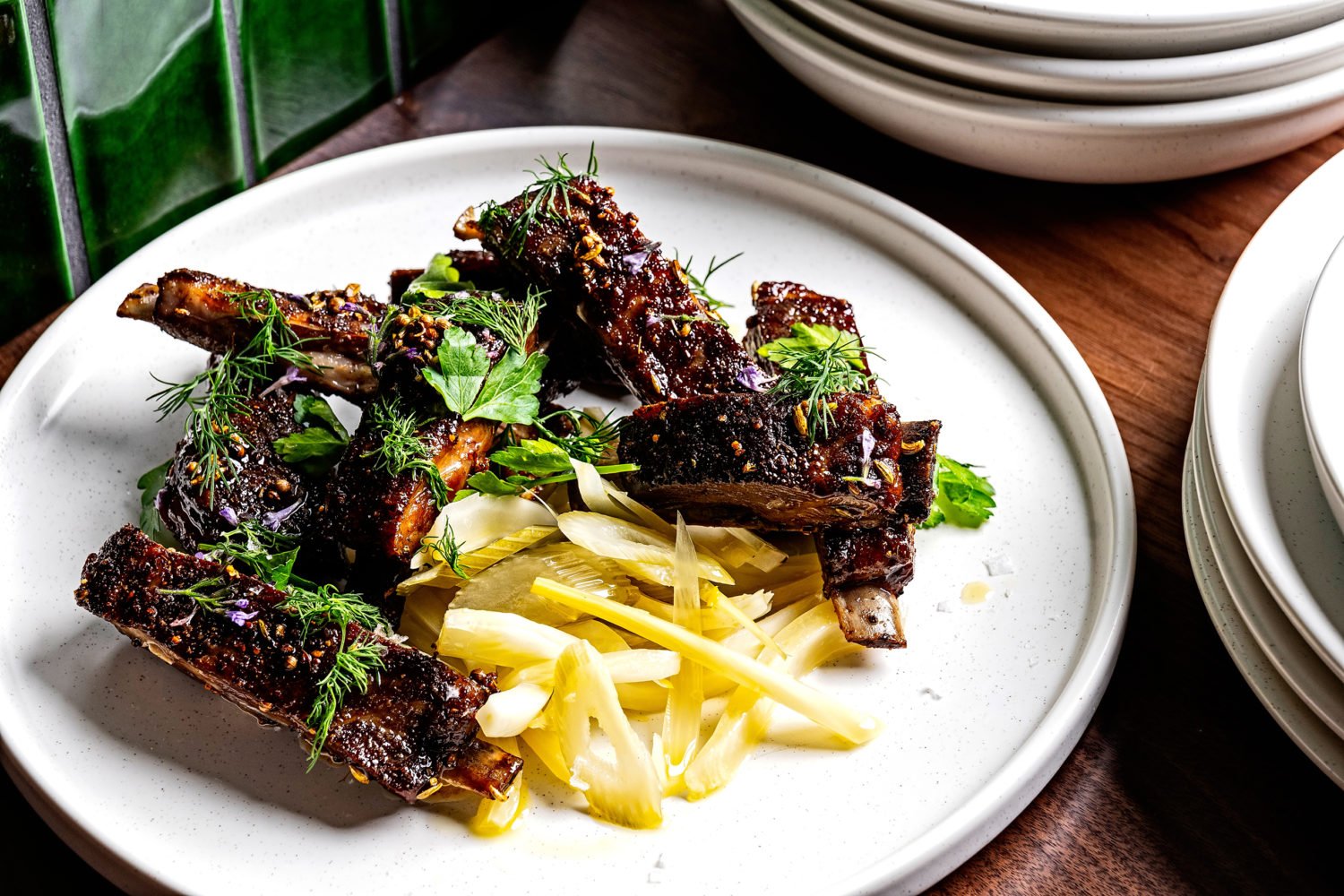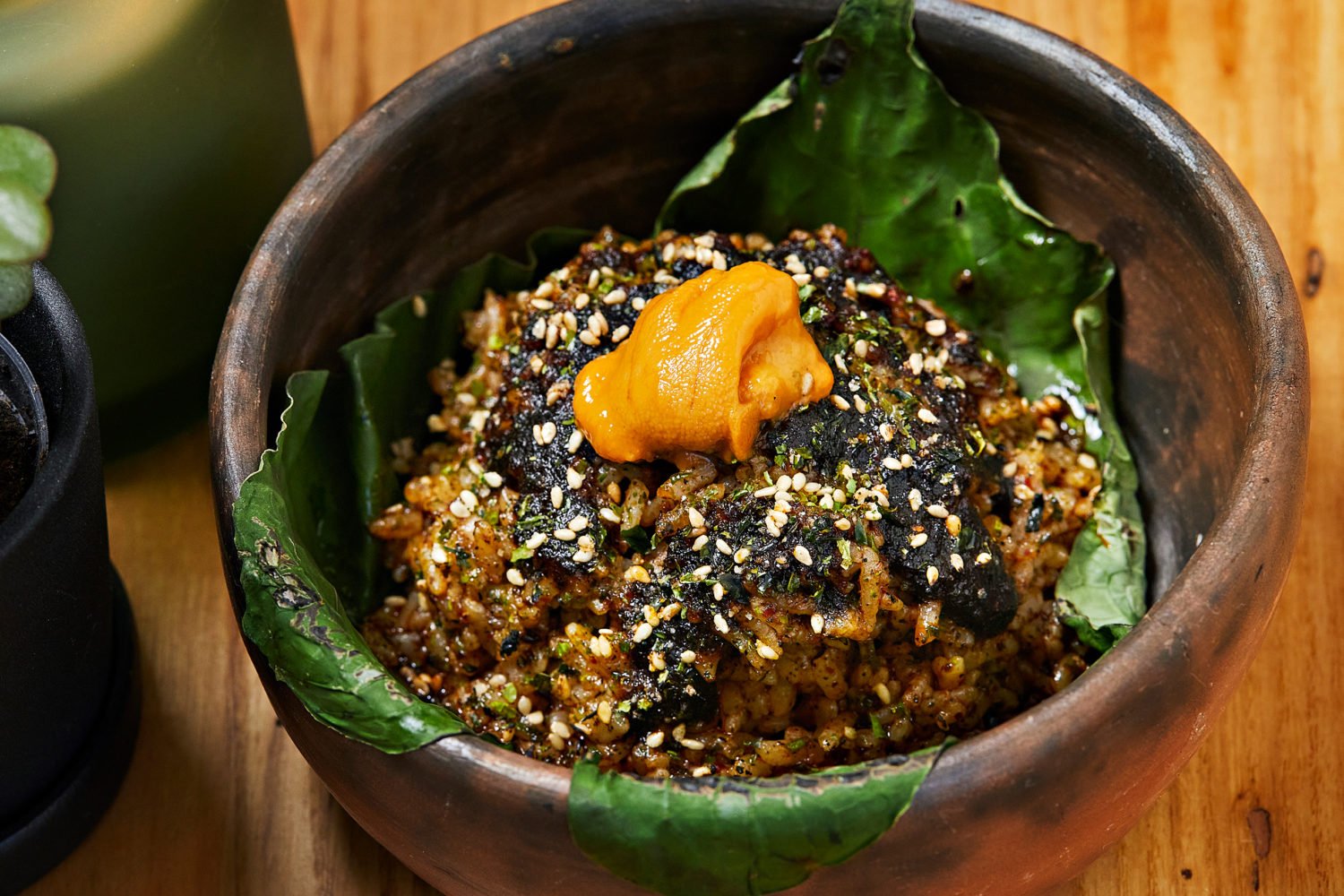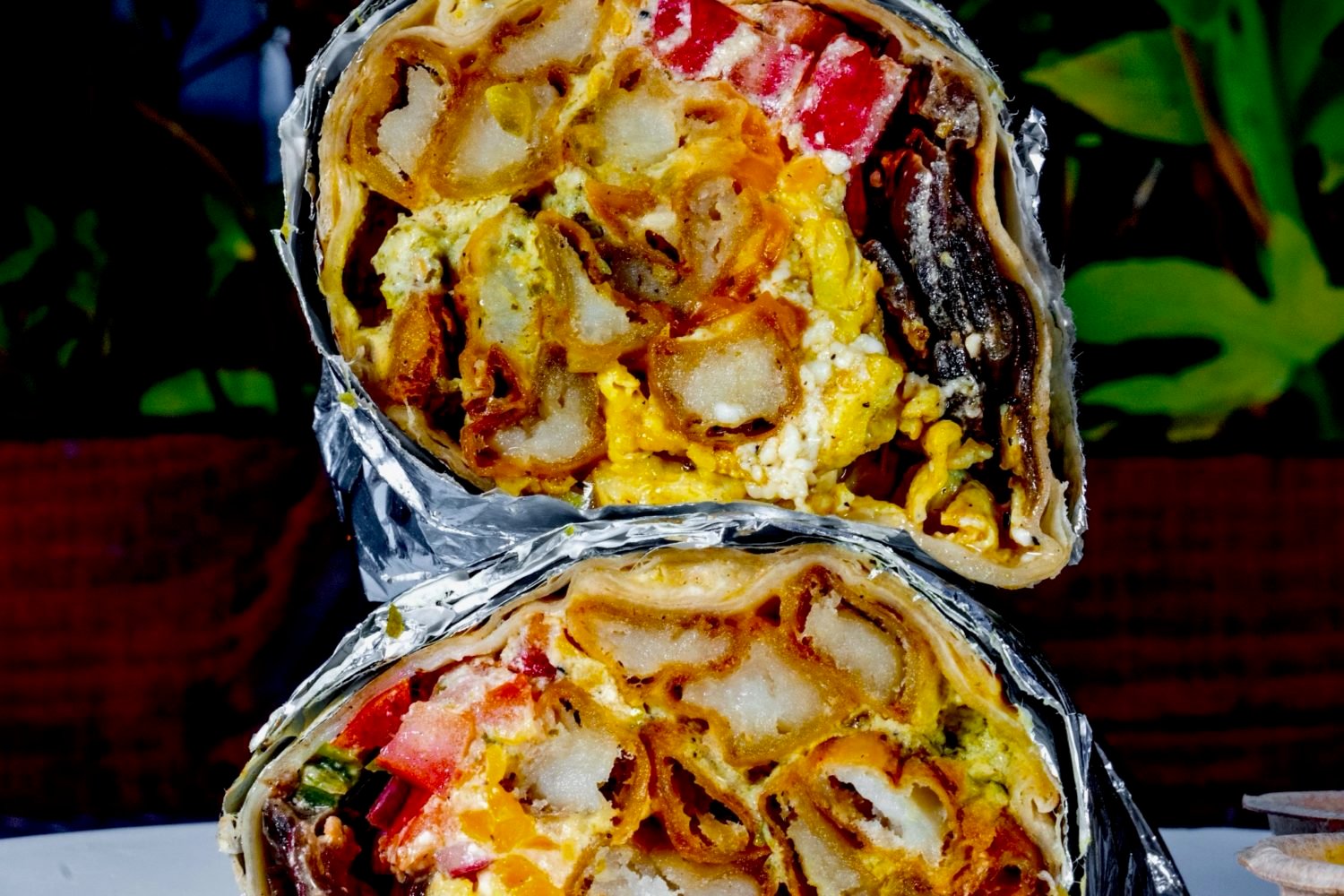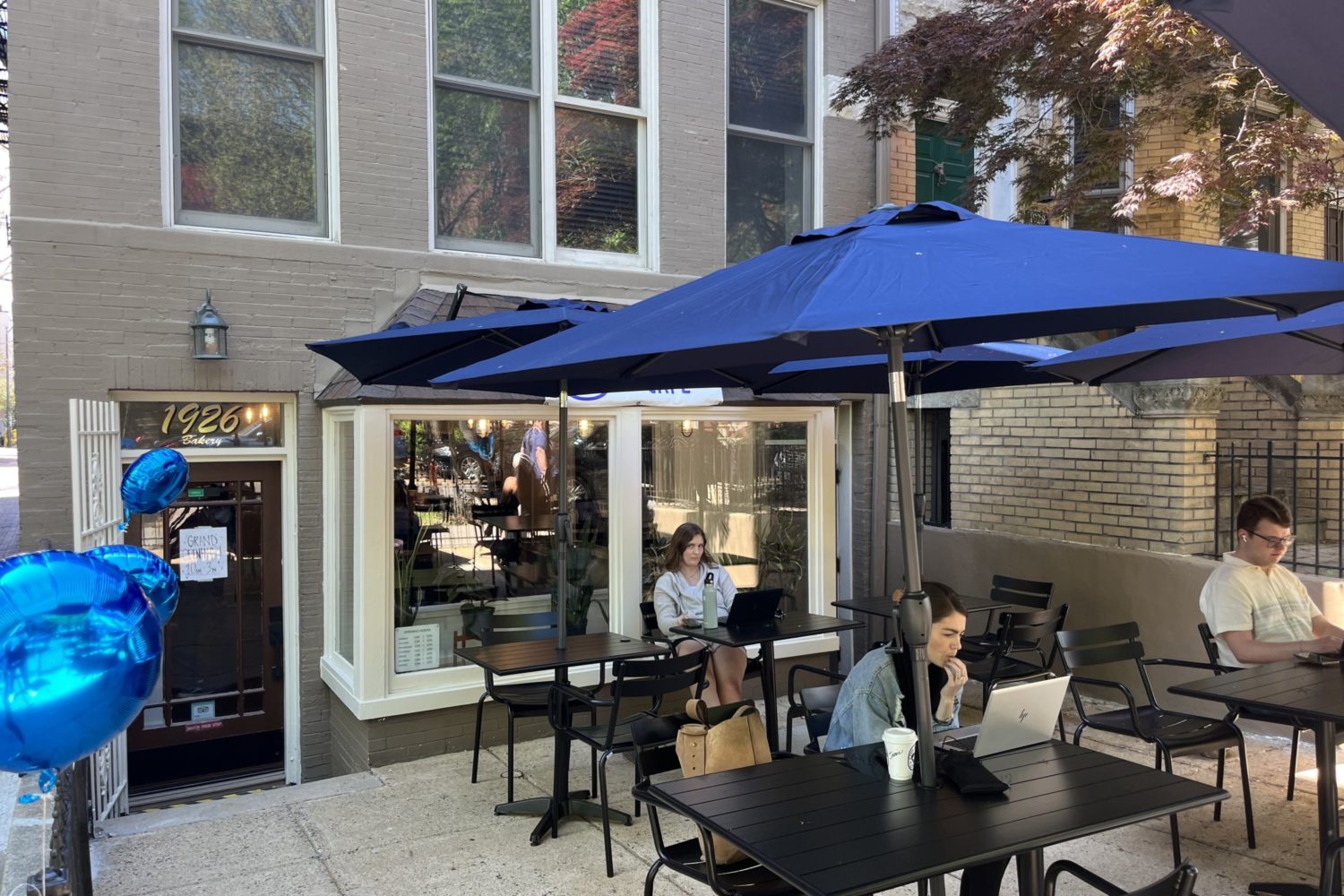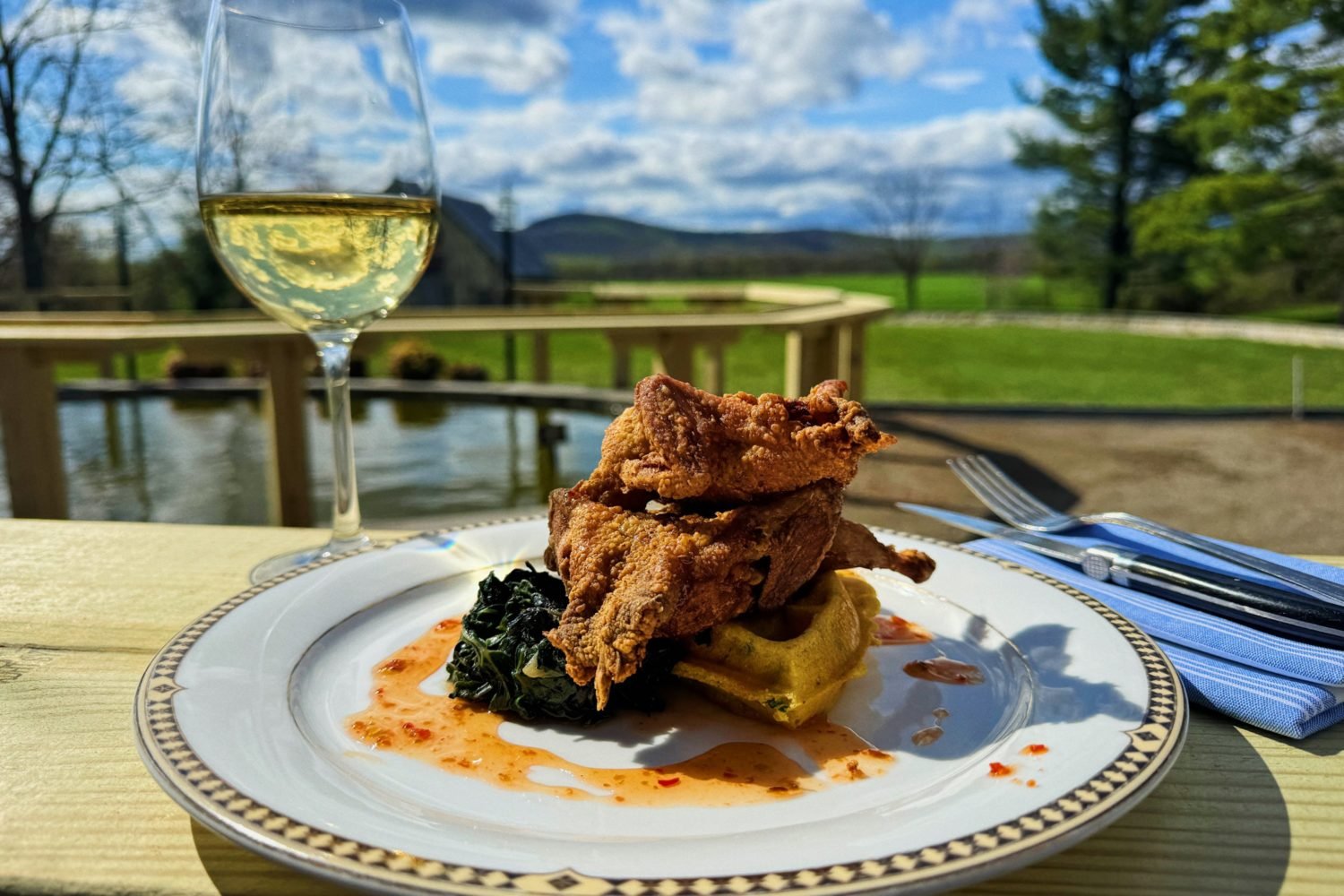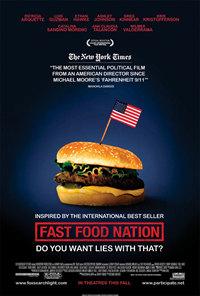
Don’t be confused—Fast Food Nation, the cinematic adaptation of Eric Schlosser's bestselling fast food expose, is not a sequel to Super Size Me, Morgan Spurlock's documentary that revealed what an all-McDonald's diet did to his insides. With similar-sounding titles and dark references to the Double Arches, this may feel like a repeat performance, just another big-screen jab at “fries with that” and American obesity. But Fast Food Nation is way more than a documentarian shoving fries down his throat.
For starters, it’s not a documentary. Wilmer Valderrama and Greg Kinnear star in this fictional take on Schlosser's 1999 book. And with Schlosser’s name attached to the film—in theaters now —some accidentally overlook the cinematic genius who plays producer. That would be Richard Linklater, the writer/director/actor responsible for such cult classics like Dazed and Confused, Slackers, Before Sunrise, and its sequel, Before Sunset. Linklater's is not a body of work that sticks to any genre, but this serious political film–full of racial tension, agri-business corruption, and economic depravity–is a definite departure for him.
Two weeks ago, I and other area reporters gathered at the Georgetown Ritz-Carlton to talk with Linklater and Schlosser about the film.
Q: Why didn't you make a documentary?
Eric Schlosser: It never crossed my mind to make a fictional film, but it’s really just another way of telling a story. You can make a fiction film, and still be truthful. All the attitudes expressed in the movie were just echoes of conversations we had with real-life ranchers and factory workers.
Richard Linklater: Though it’s not a documentary, it’s about something very real. We aren’t putting funny speeches into the mouths of characters. This is about something very serious. It’s the symbol of American freedom being crushed.
Q: OK, Mr. Linklater: First the romantic serendipity between Julie Delpy and Ethan Hawke in the Before movies, then Jack Black in School of Rock…now this? Where exactly does Fast Food Nation fit into the rest of your colorful portfolio?
Linklater: All my adult life I was interested in agri-business and all the topics expressed in Eric’s book. Now that I have the latitude to try different things cinematically, people accept me on my own terms. This one really means a lot to me, personally.
Q: The Hollywood industry and the fast food one can be considered similar. Both have a competitive corporate structure, and rely on brainwashing the American consumer. Does this pose a problem when the two industries intersect?
Linklater: It’s very rare that an industry criticizes another competitive one. Hollywood has a special self-censorship, so it’s no coincidence that certain movies don’t get made. Escapism is more fun. We’d rather analyze pop culture, so we’re left with films about that. Health food? It’s not the same. So typically, the feature film industry doesn’t want to go there. Just like how critics of the Iraq war didn’t get air time. It’s the way Hollywood is structured. In terms of the Hollywood industry making Fast Food Nation, it was actually done by a smaller branch of Fox Searchlight Films, one that’s slightly outside the mainstream system. There’s no way this movie could have been made ten years ago.
Q: Any reaction from the McDonald's People?
Schlosser: Well, they usually respond with Orwell-esque rhetoric about freedom. They say they’re all about choices. “Make up your mind” is their motto. So they offer sliced apples and salads, which apparently makes up for everything else. But clearly they know it’s not good. It’s like an elephant in the room. McDonald's can’t hide in this situation, so they try to make it fun. They include the happy meal toys, and make it colorful. It’s sad, because so much of this is heavily marketed to children.
Q: Can you talk about the plot of the film, with all the intertwining characters and scenarios? It reminds me of Crash and Love Actually.
Schlosser: The format of intertwining characters has been around since Shakespeare. Whenever you deal with complex subjects in entertainment, you have to ask yourself, how do we portray this? How will we get to everything and everyone? The web-like plot is the most natural thing to do. One of the best examples is the 1975 film Nashville. All the characters are just barely connected. But that’s what makes the movie. In these types, there’s no central protagonist.
Q: Any developments in the agri-business since your book published, Mr. Schlosser?
Schlosser: I’ve stayed up on the topics and people, but no real profound changes. With this budding counterculture of the educated upper-to-middle class shopping at local farmers markets and going organic, America is definitely developing a different set of values. Obviously this is a step in the right direction. But it’s really just polarized everything. Fast food companies are targeting affluent areas less, and going after the poor communities. Just like the tobacco company model. They know since it’s cheap, it’s usually the only thing these people can afford. The fast food people have really beefed up ads in the poorer territories.
Linklater: This culture says they have no time or money, but it’s the same culture that mandates four to five hours of television everyday. There are so many corrective treatments, but not enough preventative ones. The money ends up fixing healthy problem, when it should be preventing it through healthier foods. So now we have a pharmaceutical company that’s one of the fastest-growing power industries tied to the government. And it directly stems from obesity. Health becomes a privilege, only for the elite and educated.
Q: And finally. What we’re all dying to ask. Is there a trilogy in the works to supplement the Before movies?
Linklater: Well if there is, we better do it quick. I’ll have to chat with Julie and Ethan. They'll be 90 before we know it!






